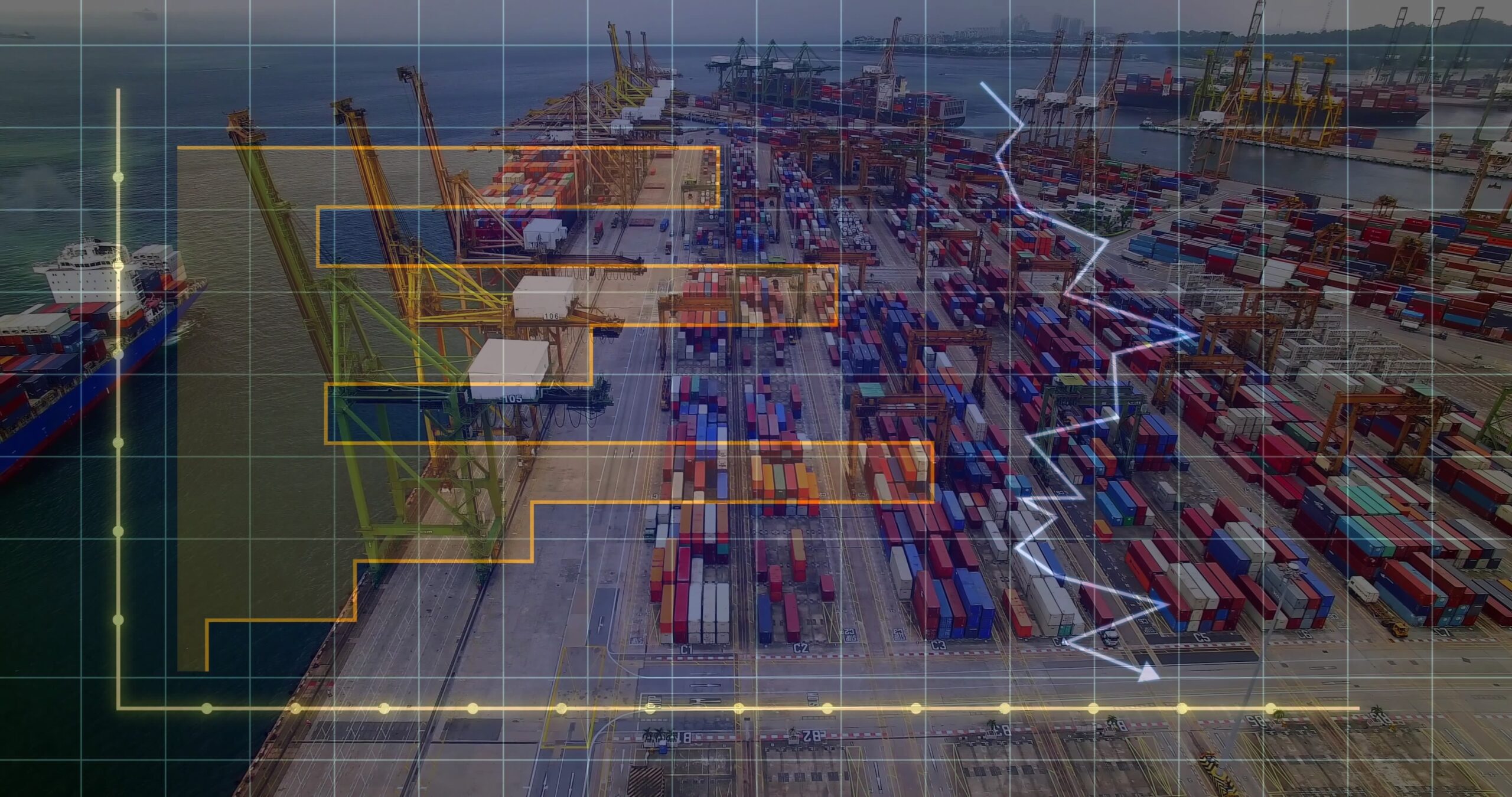
Today, the futures market, particularly financial futures, is huge. In the United States, futures are generally traded on the Chicago Mercantile Exchange, also known as the CME, and are traded via Futures Commission Merchants, or FCMs. FCMs trade futures with a clearing organization, usually the CME or other large financial institution, on behalf of customers. Large, multi-national banks like Citigroup, Credit Suisse, BNY Mellon, and Deutsche Bank, are all major players in the financial futures market.
While the process and operation of an FCM are beyond the scope of this article, it is noteworthy that the FCM concept is rooted in maritime trading. As maritime trading evolved and became more sophisticated, so did the merchant trading on behalf of customers.
Emergence of Merchants
At some point, perhaps in ancient Egypt, maritime trading took hold as a significant part of the business landscape. Cities like Alexandria, Egypt build large ports that made it easy for boats to enter, unload cargo, and dock for several days. When finished, the merchants would pack up their wares, bring them back to the boat, secure the merchandise, and head home.
The convergence of different cultures via maritime trade opened new markets for businessman. Instead of the limitations of one’s local market for the sale of goods, business people can head to large markets to sell their merchandise. Those locales often did not have goods found in areas across the ocean, so facilitating this exchange with large seaports was a boon for those in commerce.
In furtherance of maritime business, brokers emerged, promising consumers in one place that they would strike a deal with sellers in another place for exotic goods. Though brokers did not actually hold goods, they took a cut of the sales because they were able to find customers in new markets for sellers.
In time, the “factor” emerged, which further deepened the importance of maritime commerce. Factors were go-betweens for buyers and sellers. Factors would go to a seller, say a manufacturer, and offer to take the manufacturer’s merchandise across the ocean for a fee. In this way, the factor can have the merchandise available for sale immediately, thereby getting a better price than a broker who promises to import an item over several months.
Factors had to be trustworthy that they would not steal the merchandise. In addition, factors would sign agreements that they would not repay debt, borrow, or otherwise use the items outside of business purposes. These factors provided sellers with new market opportunities and consumers with the ability to obtain exotic items rights away.
The factors were not legally agents of the sellers; the factors worked for themselves. Instead, factors were considered to have sold directly to consumers; the consumers had no relationship with the sellers. The sellers, however, held a proprietary right in the items being sold and were therefore entitled to payment from the sales of those items.
These factors were the forerunners of today’s FCMs. Under CFTC regulations, parties trading financial futures must “clear” those futures with a clearing organization. The FCM is not an agent of a customer looking to trade futures; rather, the customer holds a proprietary interest in the futures being traded. The clearing organization has a contract with the FCM and has no legal relationship with the FCM’s customer. This arrangement traces back to medieval maritime trading.
Involved in maritime trading? Partner with a lawyer who understands your business. Partner with the Kolodny law firm.

